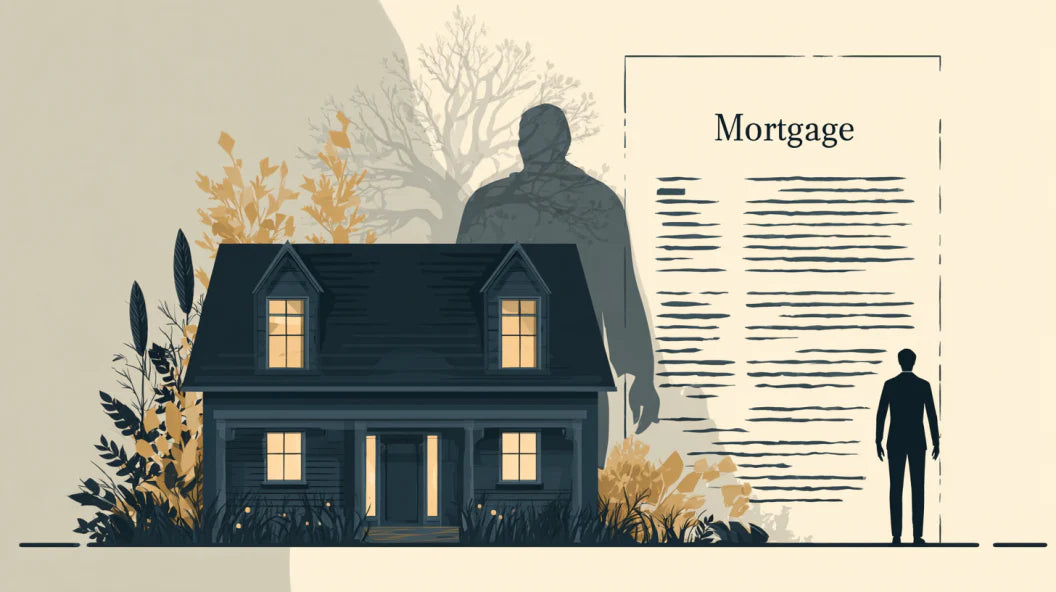
What Happens to a Mortgage When You Die: Payments After Death
What Happens to a Mortgage After Death?
On this page
Mortgages don’t disappear after death. Instead, they can place a significant financial burden on the deceased’s loved ones. Fortunately, there are strategies to manage post-mortem mortgage obligations and ensure property is preserved without overwhelming heirs.
What Happens to the Mortgage After One's Death?

When a borrower dies, several options exist to address their mortgage:
- Selling the property to settle the debt
- Paying off the mortgage using estate funds
- Allowing heirs to assume the mortgage (if the lender approves)
In community property states such as California and Texas, surviving spouses often inherit mortgage obligations. Consulting a legal expert is crucial for state-specific guidance.
Selling the Property
Selling the property is one common option. The executor secures probate, lists the property, and uses sale proceeds to repay the loan. However, legal fees, taxes, and potential conflicts among heirs may complicate the process.
Paying Off the Mortgage
Mortgages may also be repaid using estate assets or life insurance. If funds are insufficient, foreclosure becomes a risk. Disagreements among heirs may arise, making professional legal advice essential.
Transferring the Mortgage
In some cases, mortgages may be transferred to heirs. Required documents typically include:
- Death certificate
- Proof of heirship
- Lender approval
Federal laws such as the Garn-St. Germain Act may prevent lenders from enforcing “due-on-sale” clauses after death, allowing heirs to retain the mortgage.
Joint Mortgages: What Happens When Someone Dies

In joint mortgages, the surviving co-borrower remains responsible for payments. Options include refinancing to remove the deceased’s name or selling the property. Tax implications, such as capital gains, should be carefully considered with professional guidance.
What Happens to Joint Tenants or Tenants in Common if the Owner Dies
In joint tenancy, the surviving co-owner typically assumes full ownership. In tenancy in common, however, the deceased’s share passes to their estate, which may complicate mortgage obligations. Estate planning and lender coordination are vital to ensure smooth transfers.
Financial Tips When Inheriting a Mortgage

Inheriting a mortgage can feel overwhelming. The table below outlines common strategies and their pros and cons:
| Financial Strategy | Pros | Cons |
|---|---|---|
| Hiring an estate lawyer | Expert legal guidance | High fees |
| Negotiating with the lender | Possibility of lower payments | May affect credit or incur fees |
| Refinancing | Lower long-term costs | Eligibility & closing costs |
| Life insurance | Ensures stability for heirs | High premiums |
| Private Mortgage Insurance (PMI) | Protects lenders | Does not cover death |
Conclusion
Managing a mortgage after death can be daunting. Whether through selling, refinancing, or transferring responsibility, being well-informed and consulting legal experts ensures the best decisions for your family’s financial security.
- Choosing a selection results in a full page refresh.
- Opens in a new window.
